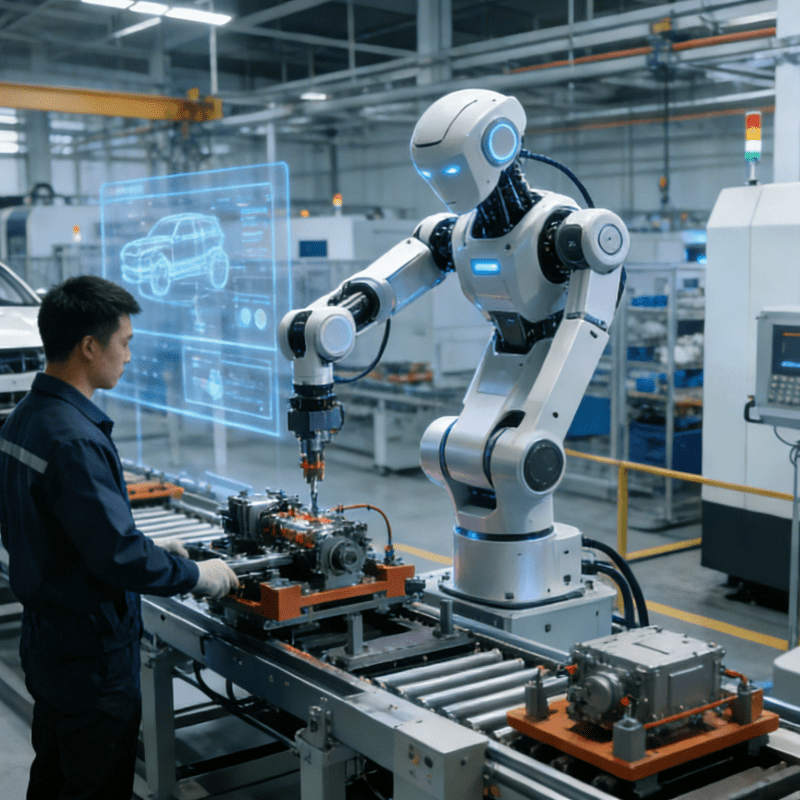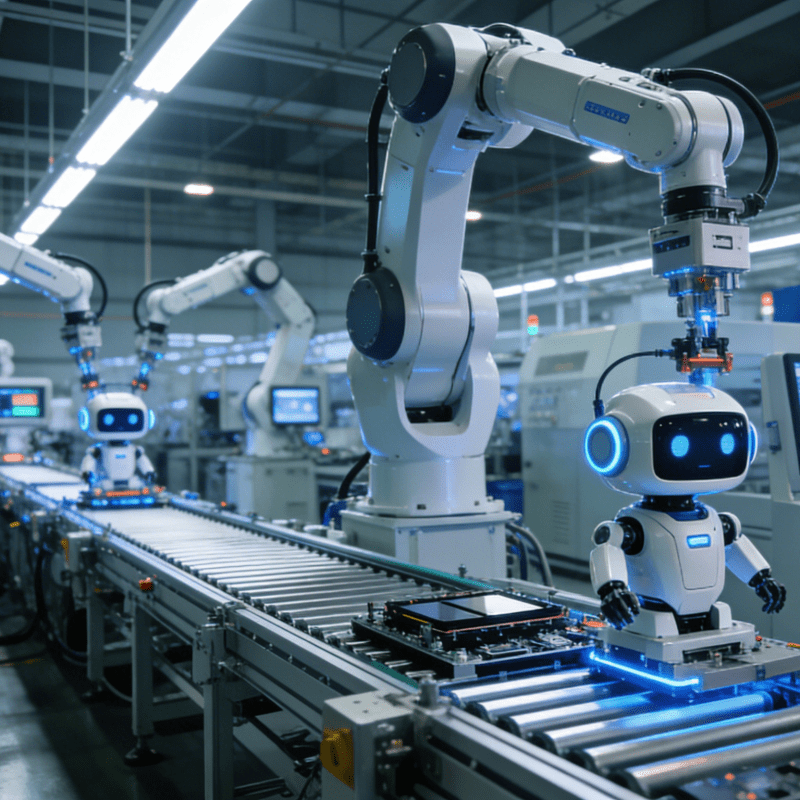Table of Contents
ToggleThe AI Paradox: Intelligent Automation Fuels Business Growth While Orchestrating Fraud Risks

In the era of digital transformation, intelligent automation stands at the crossroads of progress and peril for businesses. A new survey by BILL (NYSE: BILL) reveals a stark contradiction: while AI-driven tools like intelligent automation systems strengthen financial operations, they simultaneously become vectors for sophisticated fraud. Unlike industrial automation, which streamlines production with tangible automation equipment, intelligent automation’s dual role in enhancing efficiency and enabling financial crime has created a paradox that defines the modern business landscape.
“AI is reshaping every finance leader’s playbook—from fighting fraud to automating tasks,” says René Lacerte, CEO of BILL. “As businesses transform, one thing is clear: The finance function of tomorrow will rely heavily on intelligent automation, but not without grappling with its inherent risks.”
Key Findings: The Double-Edged Sword of AI in Finance
Fraud’s AI-Enhanced Evolution:
92% of businesses fear fraud, with 56% reporting increased attempts in 2024. AI acts as both shield and sword: 54% use AI for fraud detection (similar to how industrial automation equipment monitors production anomalies), while 46% admit AI has amplified risks. This creates an “innovation arms race” where cybercriminals exploit AI to craft sophisticated scams, mirroring how legitimate businesses use AI to counter them.
Generational Divide in AI Adoption:
Established firms (20+ years) lead in AI enthusiasm: 70% believe AI strengthens financial forecasting, versus 47% of younger businesses. New startups (≤12 months) show the most skepticism, yet 68% see AI easing business launch—indicating a future where intelligent automation becomes foundational.
Cash Flow Management in the AI Era:
Facing economic uncertainty, 38% of businesses plan to accelerate automation in the next six months. But a critical gap remains: 63% lack real-time cash flow visibility, with 20% needing days/weeks to access financial data. Intelligent automation’s promise lies in bridging this gap, much like industrial automation bridges production efficiency gaps.
The Paperless Push Driven by AI:
One-third aim to go paperless by 2026, with 90% deeming it achievable within five years. Intelligent automation plays a pivotal role here, automating document processing and data entry—tasks once reliant on manual labor, now optimized like industrial automation optimizes assembly lines.
Accounting Talent Shortages Drive Automation:
With 77% expecting rising accounting costs due to talent shortages, 60% plan to handle more finance in-house. Intelligent automation becomes the solution, replacing repetitive tasks—similar to how industrial automation equipment replaces manual factory labor—while 56% retain accounting partnerships for strategic guidance.
Navigating the Paradox: Strategies for Intelligent Automation
The survey’s findings demand a nuanced approach:
- Fraud Prevention as AI Hygiene: Businesses must invest in AI-driven fraud tools while implementing strict access controls—akin to how industrial plants secure automation equipment against tampering.
- Hybrid Human-AI Models: Just as industrial automation pairs machines with operators, financial AI should blend algorithmic insights with human judgment. For example, AI flags suspicious transactions, while analysts verify them.
- Phased Automation Adoption: Established firms can lead by example, demonstrating how to integrate intelligent automation gradually—starting with low-risk tasks like invoice processing before moving to high-stakes areas like fraud detection.
Conclusion: Navigating the AI Paradox in the Age of Intelligent Automation
The BILL report lays bare a fundamental truth: Intelligent automation is neither purely savior nor villain, but a tool whose impact depends on how it’s wielded. As businesses embrace AI to optimize cash flow and automate processes—much like integrating industrial automation equipment to boost productivity—they must also develop robust frameworks to counter AI-fueled fraud.
The path forward lies in treating intelligent automation as a strategic asset, not a silver bullet. By combining AI’s predictive power with human oversight—similar to how industrial automation pairs machines with skilled operators—businesses can harness its growth potential while defusing its risks. In the end, the companies that thrive in this paradox will be those that understand: In the age of intelligent automation, mastery lies not in avoiding complexity, but in managing it with wisdom. As finance leaders reshape their operations, the ability to balance AI’s efficiency gains with its security challenges will define success in the digital economy.




















